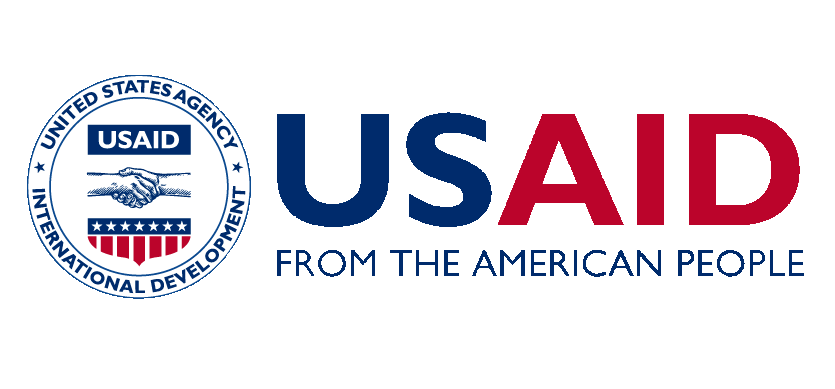El enfoque de Población, Salud y Medio Ambiente (PHE) para el desarrollo comunitario tiene como objetivo mejorar simultáneamente el acceso y la equidad a los servicios de atención primaria de la salud, en particular la planificación familiar y la salud reproductiva, al mismo tiempo que ayuda a las comunidades a conservar la biodiversidad, gestionar los recursos naturales y desarrollar medios de vida sostenibles. Este curso presentará a los alumnos los fundamentos del enfoque de PHE, incluidas las relaciones de PHE, los beneficios de la integración, las consideraciones del programa, el panorama de políticas y promoción de PHE, y cómo el enfoque de PHE puede contribuir a las prioridades de desarrollo global, como los Objetivos de Desarrollo Sostenible y Planificación Familiar 2020 de manera eficiente y eficaz.
Año: 2016
Fuente: Centro de aprendizaje electrónico de salud global
Accede al recurso


